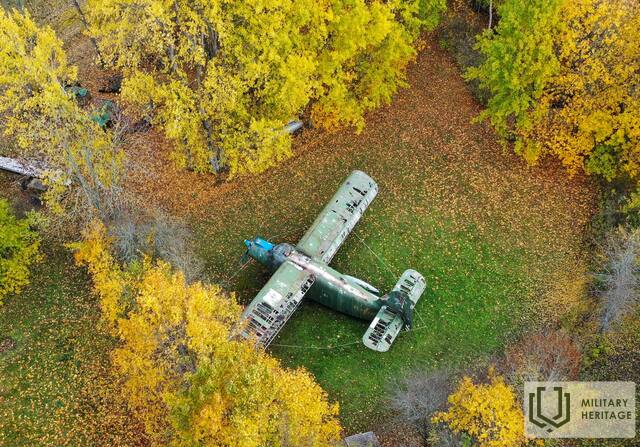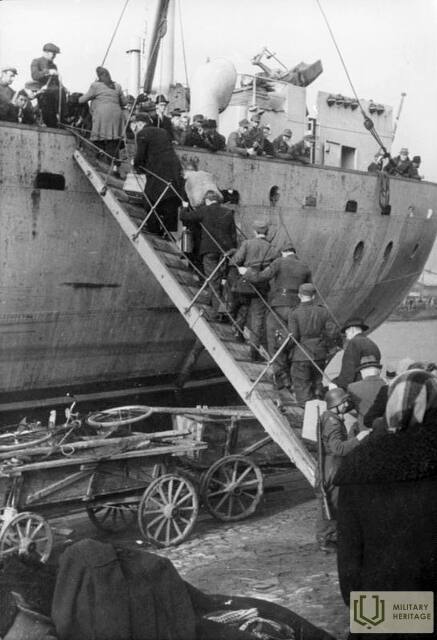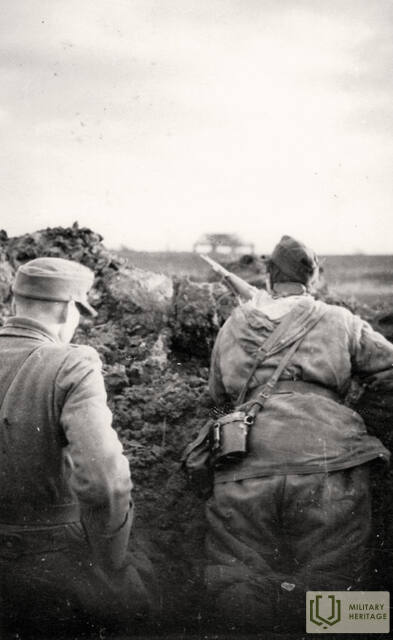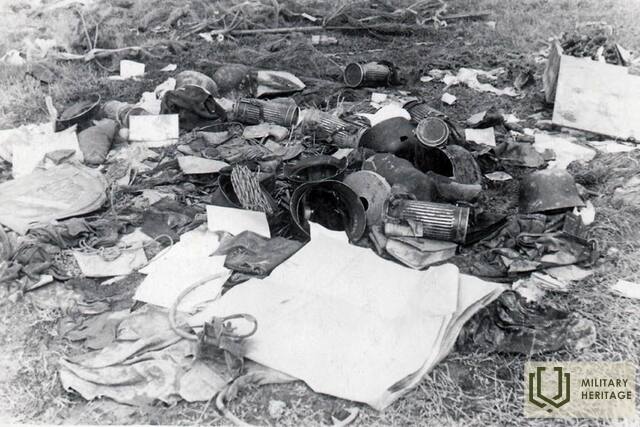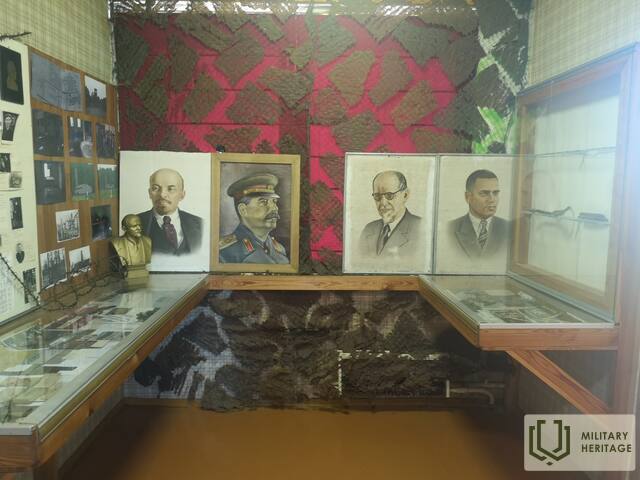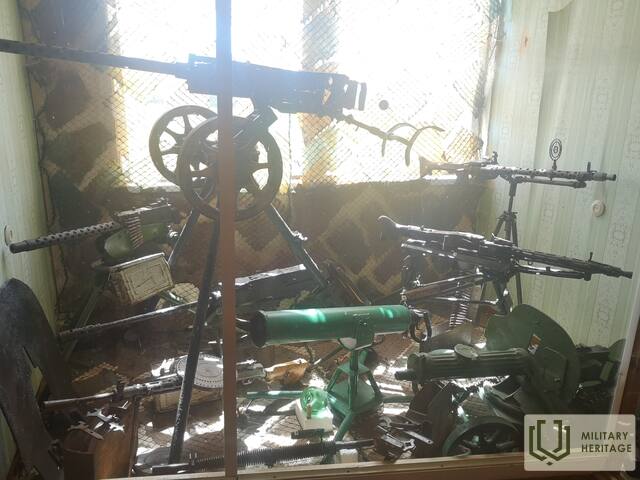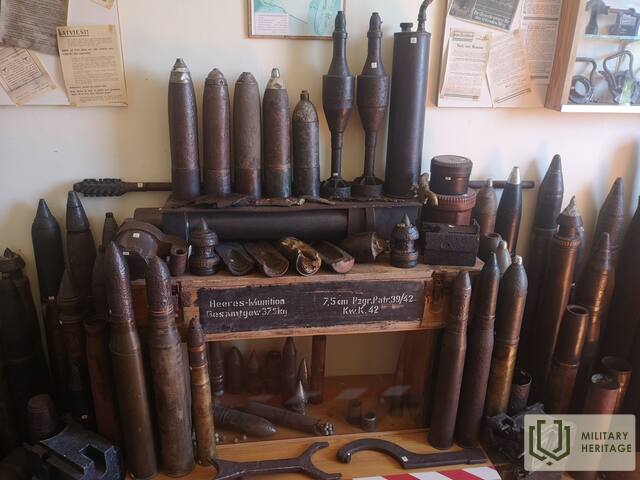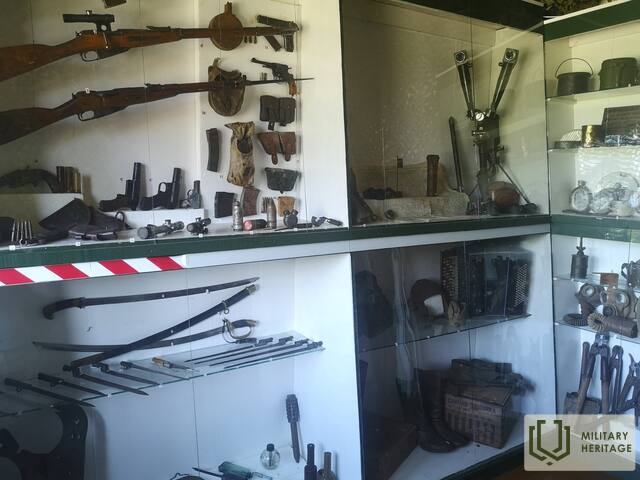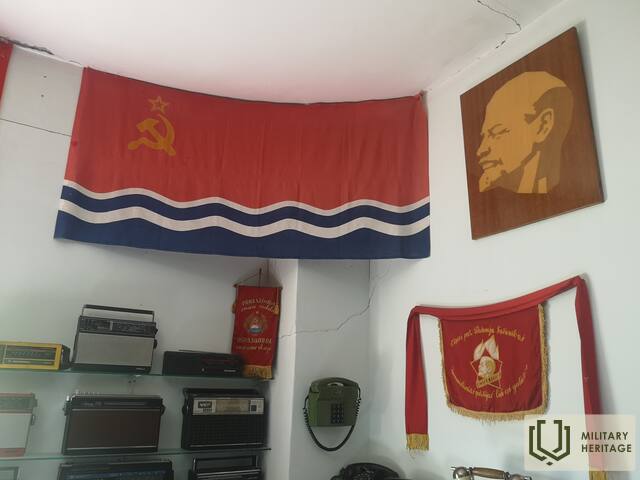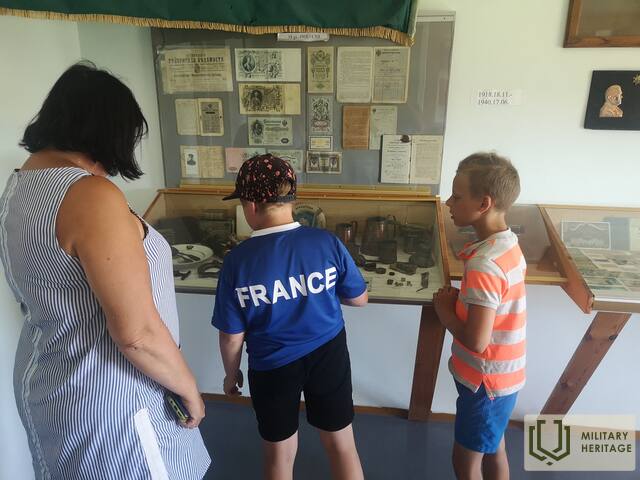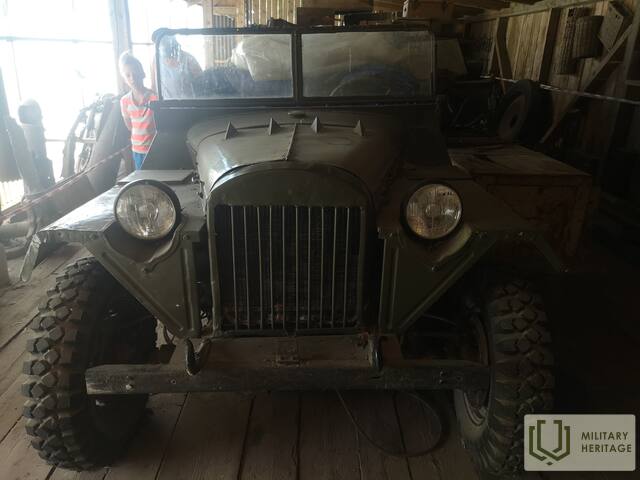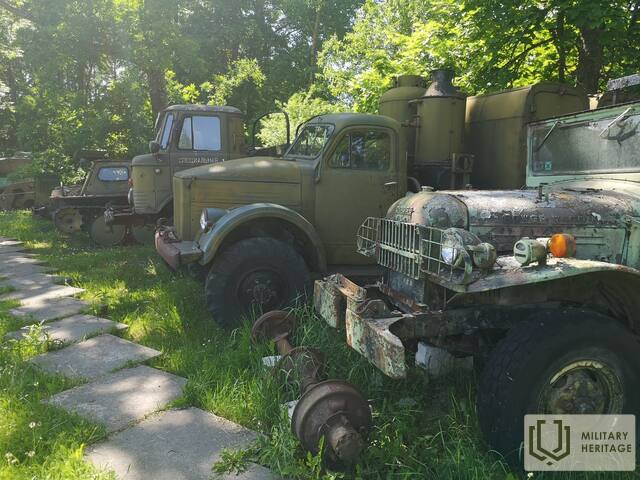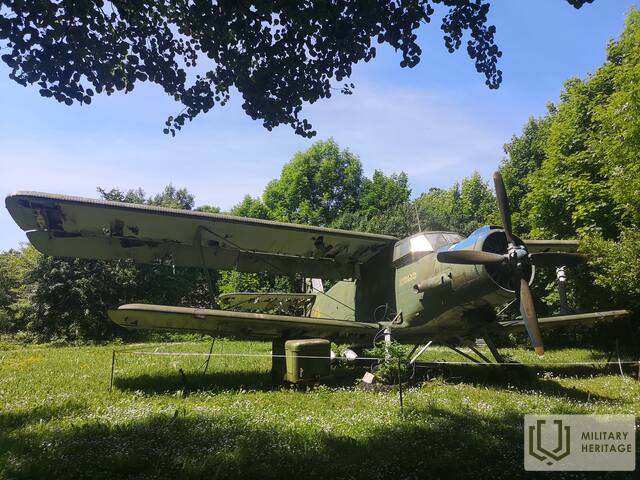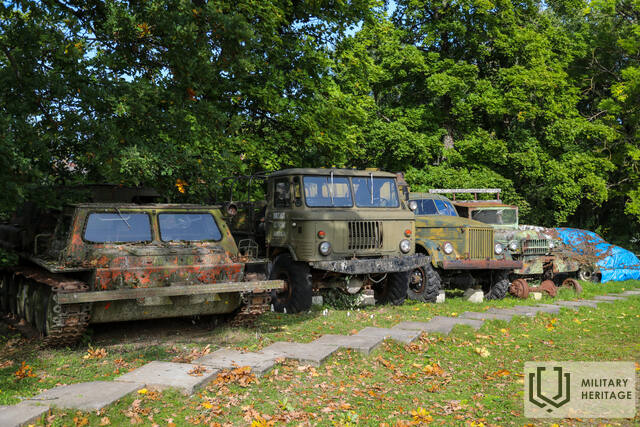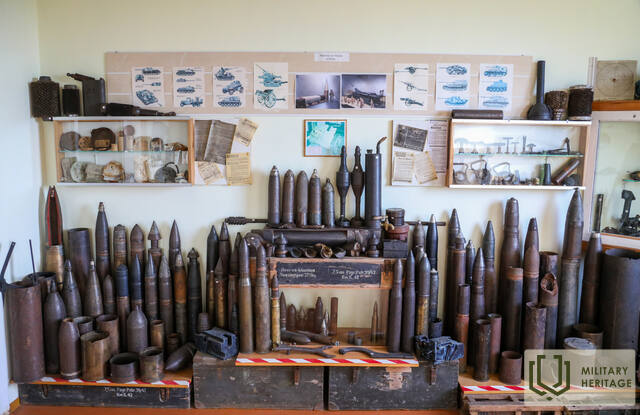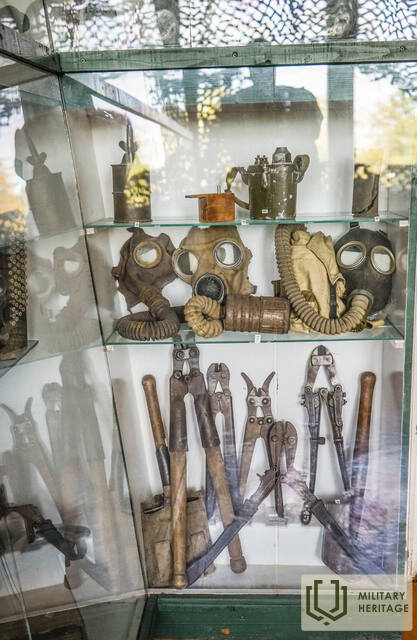Kurzeme fortress museum in Zante Museum

Will be open from May 1st.
Used sources and references:
Website dedicated to the Kurland Front. Available: http://www.kurland-kessel.de/default.html [accessed 19.02.2021].
Freivalds, O. The Courland Fortress. Copenhagen: Avots, 2007.
Lācis, V. The Latvian Legion in the Light of Truth. Riga: Jumava, 2006.
Related timeline
Related stories
Memories of Werner Preijers, commander of the company of the 42nd Regiment of the Latvian Legion, about the battles of Courland.
The Courland Fortress was formed after the fall of Riga on October 13, 1944, and the Russian breakthrough to Klaipėda on October 10, thus cutting off land traffic with Germany.
About the found war artifacts
In modern Latvia, the collections of various museums are also supplemented by the personal collections of private individuals, which are often publicly exhibited and are available to everyone. Many people have a hobby of old things, including items related to military history. Often, visitors have no idea about the origin of these things. Did they suddenly appear? In all cases, it is the work of several years and an interesting, personal story about one person's interests in collecting things in order to create, for example, a museum from them. The narrator describes his personal experience, giving the reader an idea of the situation in Latvia after World War II. The legacy left by various armies and the lack of necessary raw materials on the farm force people to find creative ways to use practically anything in order to survive. Over time, what is useless on the farm becomes valuable, historical exhibits that tell the story of the experience of Latvia and its people.
Tell me about the sunken equipment
Numerous stories of machinery sinking in swamps and lakes have survived in Latvia. Few of them are true.
Testimony of Jūlijs Bērziņš about the 201st (43rd Guards) Latvian Rifle Division of the Red Army in 1942-1945
In the fall of 2011, I came across the memoirs of Jūlijs Bērziņš (1900–after 1963), a Latvian living in Russia and a former soldier of the 201st (43rd Guards) Latvian Rifle Division (hereinafter – the 201st Latvian Rifle Division; Division) of the Red Army – a 189-page story written by hand in Russian in two lined notebooks by a Latvian soldier about his experiences in the German-USSR war (1941–1945). These memoirs were also not commissioned work.




